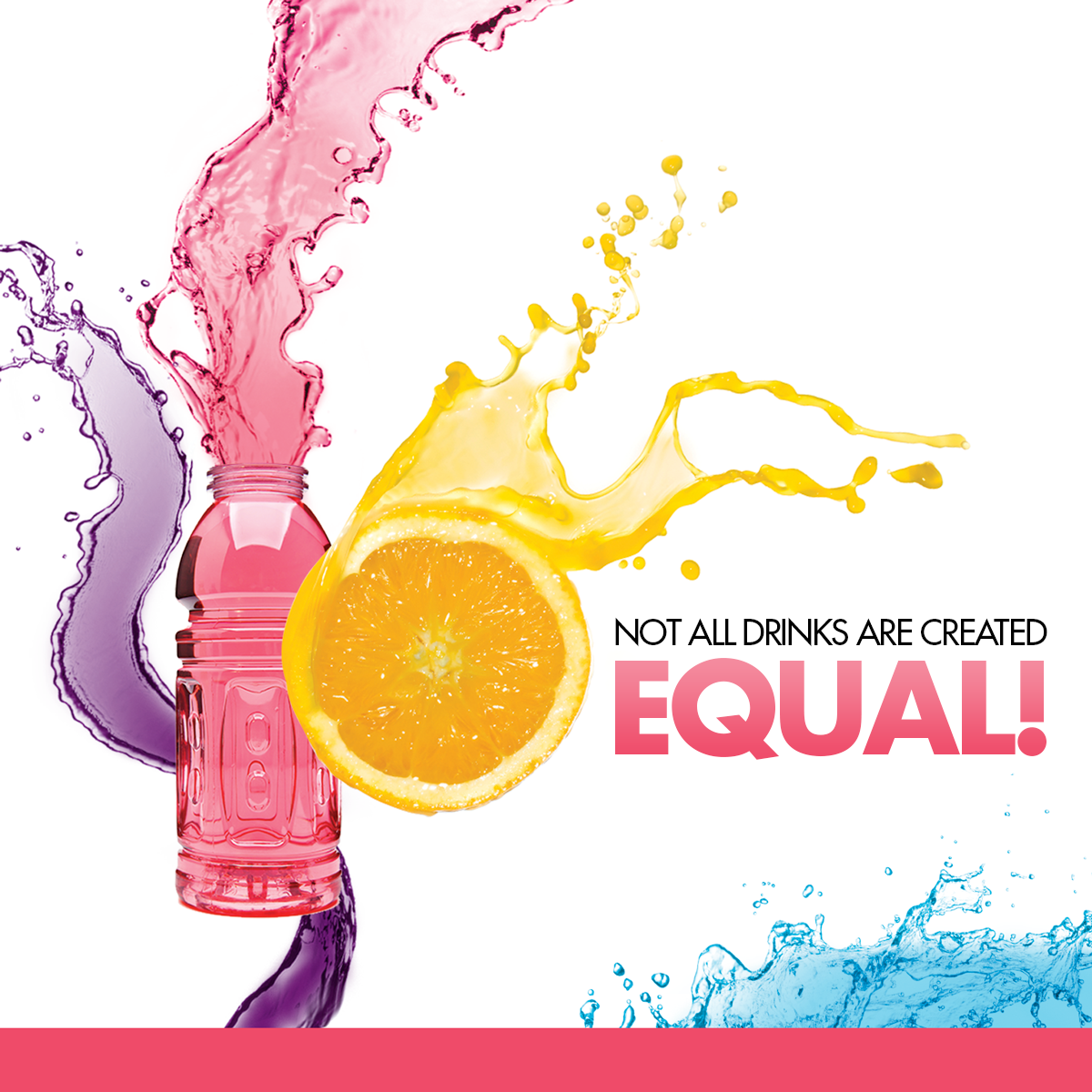Many of us watch what we eat but not what we drink while watching our diet. That’s a mistake. Research shows that most of the sugar in the average American’s diet comes from their beverage choices. Choosing the right drinks can tweak your metabolism, curb your appetite, and help cut calories.
Which drinks are the best and which are the worst on the path to weight loss? Keep reading to find out!
Best Beverages for Weight Loss
Water
This comes as no surprise, but the most efficient drink you can choose is water. Tap, bottled, and sparking, all have 0 calories! Need some extra flavor? Add berries, or slices of lemon, or cucumber. Or add a splash of 100% juice to plain sparkling water to create your own flavored bubbly drink!
Coffee
Black coffee has the least calories! Flavored syrups and whip cream add calories. Switch to fat-free milk or an unsweetened milk alternative, like almond milk.
Unsweetened Tea
Choose a tea variety that fits your taste palette and enjoy hot or iced! You can get a gentle energy boost with black or green teas. For a caffeine-free option, stick to herbal varieties like chamomile or dandelion root.
Vegetable Juice
One cup of tomato juice has 41 calories, compared to 122 calories for orange juice. Choosing juice with pulp provides some fiber, too, which may help control hunger.
Worst Beverages for Weight Loss
Soda
Every time you chug a bottle of soda, you get hundreds of empty calories. Switching to diet soda can cut calories, but the research is mixed on whether this switch leads to weight loss. Some studies show a short-term benefit. Others find diet soda drinkers gain weight. If you eat or drink more calories than you burn, switching to diet soda may not do the trick. Bottom line: ditch the soda or enjoy in small amounts.
Energy Drinks
Energy drinks often include high levels of added sugar, large amounts of caffeine, and other stimulants that generally aren’t considered healthy. It’s usually best to steer clear of energy drinks, and opt for getting your energy from quality food sources.
Sports Drinks
Often advertised as healthy drinks for active individuals, sports drinks are usually full of added sugars like high fructose corn syrup and sucrose. One serving of a leading sports drink brand contains 34 grams of sugar, which equals about 132 calories in sugar alone. That’s a lot of sugar in one beverage serving! If you’re looking for an electrolyte alternative, coconut water is a great option, totaling only 9.6 grams of sugar per serving.
Different Name, But It’s Still Sugar
The list below includes sugars that are hiding behind a different name. Look at the ingredient labels before purchasing to make sure you’re not getting more sugar than you’re bargaining for.
- Cane juice
- Corn syrup
- Dextrose
- Fructose
- Fruit juice concentrates
- Glucose
- High fructose corn syrup
- Malt Syrup
- Sugar
- Sucrose
- Sugar cane
Learn how to read nutrition fact labels by the FDA so you can easily recognize added sugars.
If you drink sugary drinks often, you are more likely to face long-term health problems like obesity, type 2 diabetes, heart disease, gout, and more. When considering your daily calories and beverage choices, keep added sugars to less than 10% of your total daily calories. For a 2,000-calorie diet, this is no more than 200 calories.
Sources: CDC, Healthy Food America, WebMD

